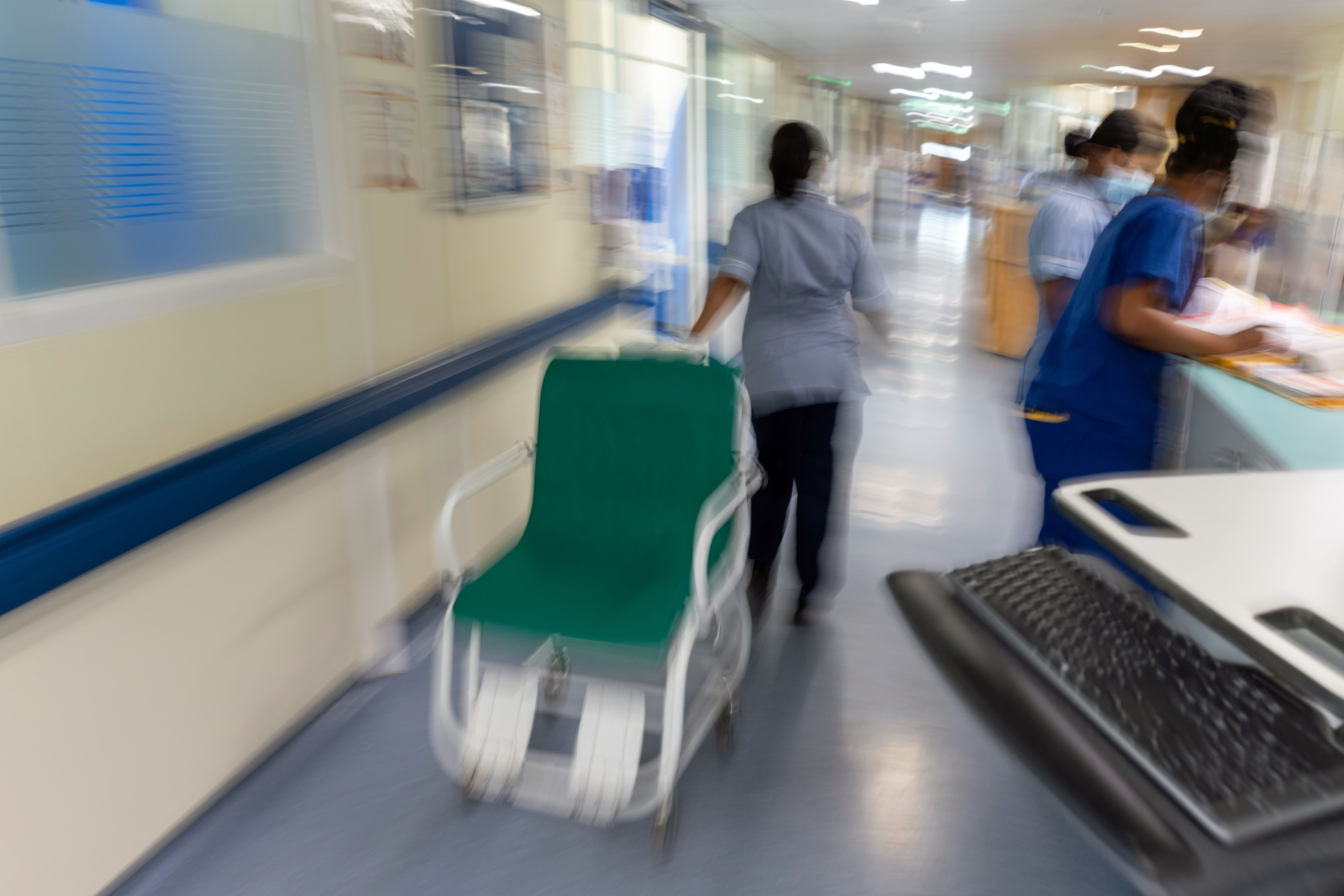Remove barriers on NHS data access to save patient lives – review
The UK’s health data should be recognised as ‘critical national infrastructure’, experts have said.

Barriers on NHS data access should be removed so it can be used to improve patient care and allow crucial research into diseases like dementia, cancer and heart disease, a review has urged.
Patients and their families are being let down because policymakers and healthcare leaders are not maximising the benefits of the rich abundance of health data in the UK, Professor Cathie Sudlow OBE, who led the independent review, said.
The UK is unique because its population of 68 million people are largely seen by the NHS, with health data going back decades, the report commissioned by top government health officials said.
But access to this existing health data is difficult or slow and can take many months or even years – impeding its use to improve people’s health and lives, the Sudlow Review found.
We need to recognise our national health data for what they are: critical national infrastructure that can underpin the health of the nation
Prof Sudlow said: “Research about health conditions affecting millions of people across the UK is far too often prevented or delayed by the complexity of our systems for managing and accessing data.”
She added: “This review shows that getting this right holds a great prize for our own care and for an effective healthcare system for everyone.
“We need to recognise our national health data for what they are: critical national infrastructure that can underpin the health of the nation.”
Professor Sudlow was asked to map the health data across the four nations of the UK and to evaluate how data can be better used to improve health while maintaining privacy and trust.
We need an NHS that can harness the power of research and innovation so that we can give patients cutting-edge medicines and diagnostics, ultimately saving lives
One of the review’s recommendations is a co-ordinated joint strategy to make England’s health data a critical national infrastructure, which would include ongoing co-ordinated engagement with patients, public, health professionals, policymakers and politicians overseen by the Department of Health and Social Care.
England’s chief medical officer Professor Sir Chris Whitty, who commissioned the review with Vin Diwakar, NHS England’s national director for transformation, and Professor Sir Ian Diamond, the UK national statistician, said: “Using data from multiple sources is essential to improve current patient care, make the NHS more effective and improve outcomes for future patients through research.
“This report will help us use data more effectively for current and future patients, whilst maintaining patient confidentiality.”
Baroness Gillian Merron, health minister for life sciences and innovation, said: “We need an NHS that can harness the power of research and innovation so that we can give patients cutting-edge medicines and diagnostics, ultimately saving lives.
“As part of our 10-Year Health Plan we will shift the NHS from analogue to digital – accelerating research through secure access to data whilst also driving growth and investment in the economy.
“I’d like to thank Professor Sudlow and the team for their work on this review, which underlines the enormous potential we can unlock in our health service alongside recommendations on how this could be done.”
Bookmark popover
Removed from bookmarks